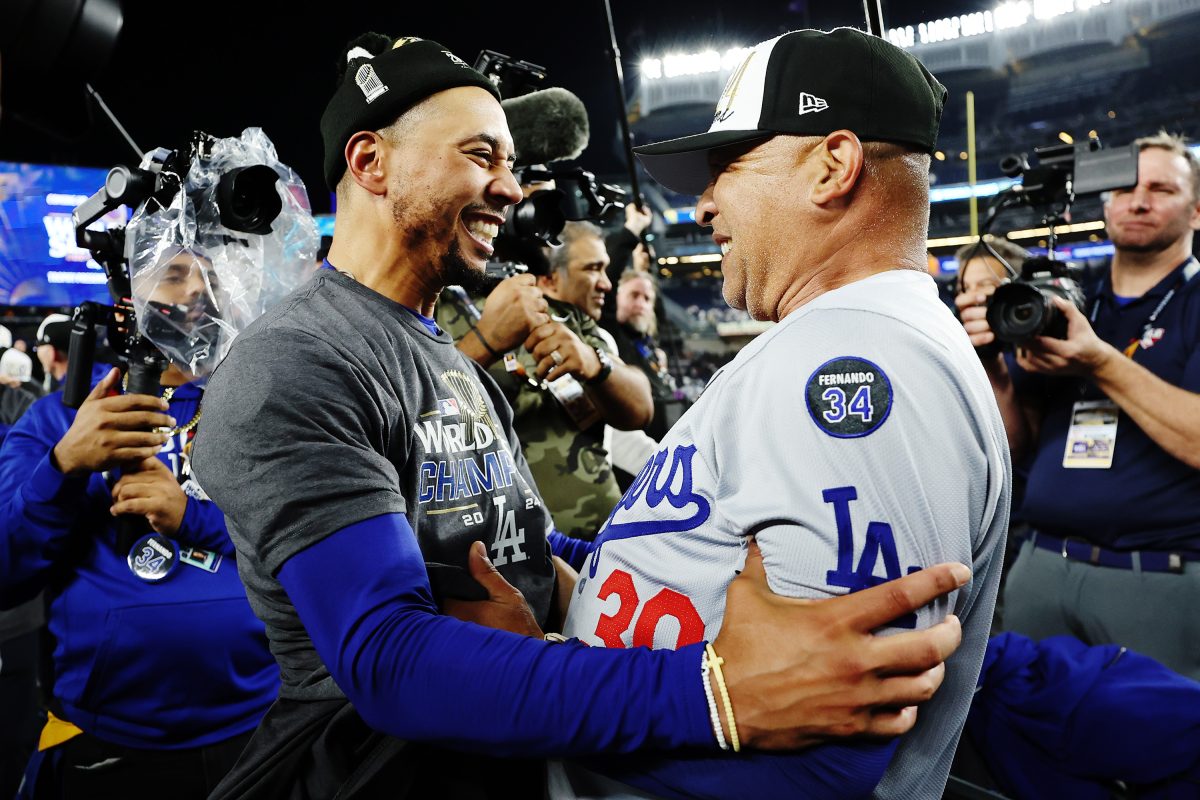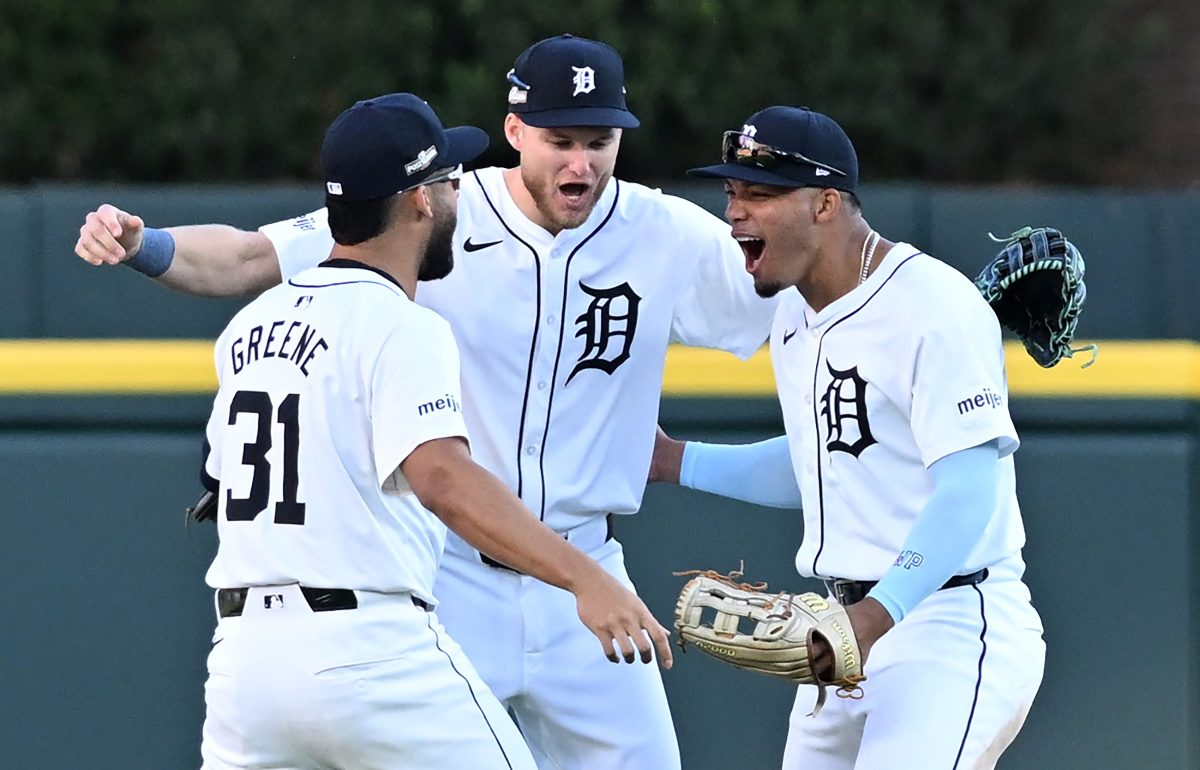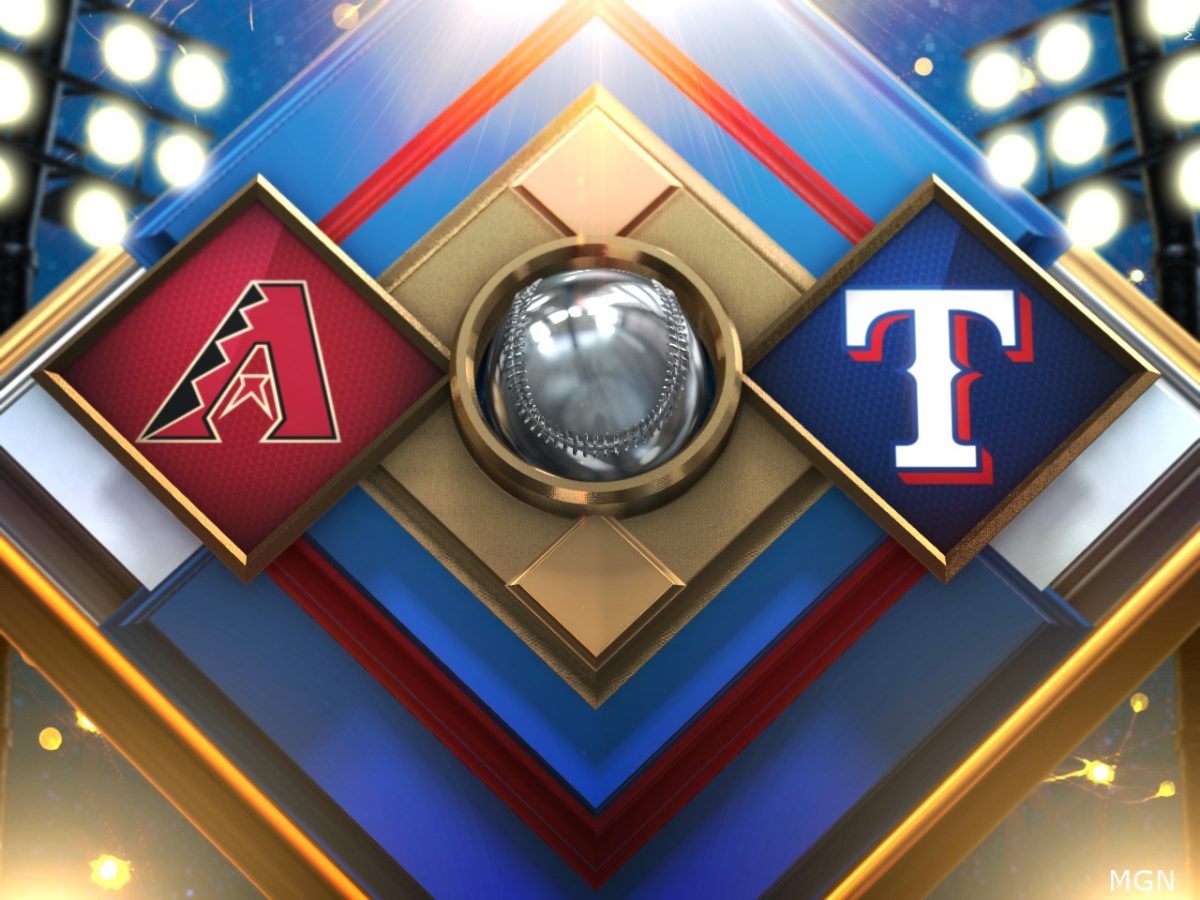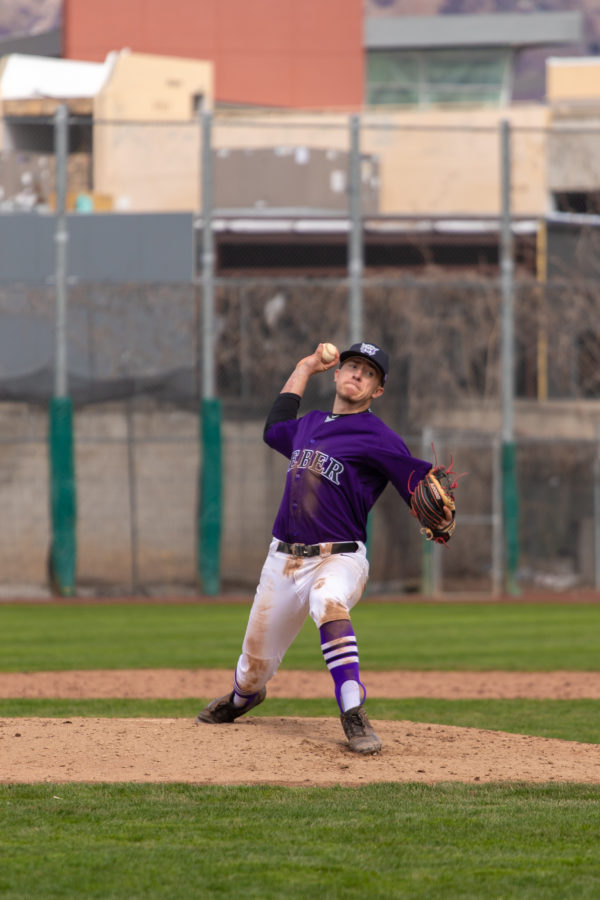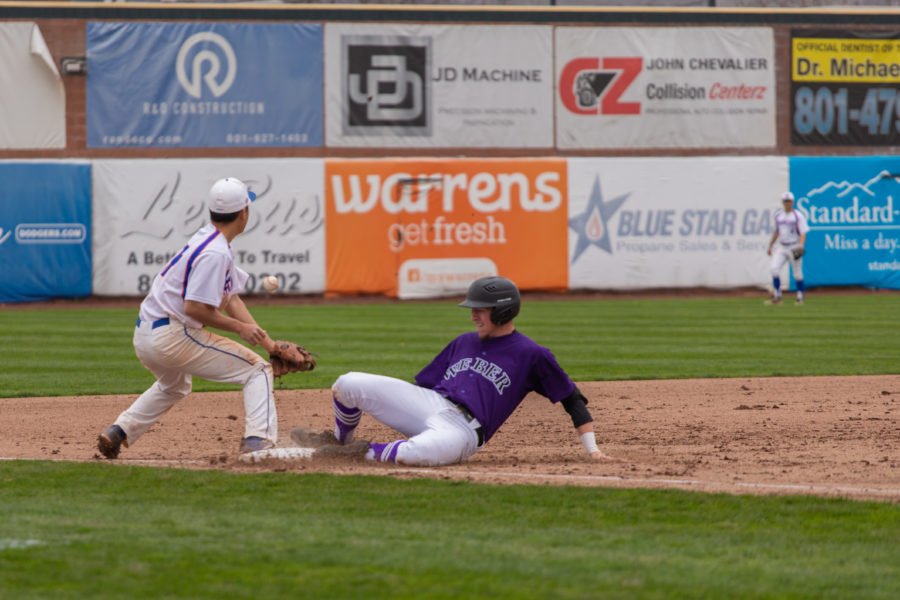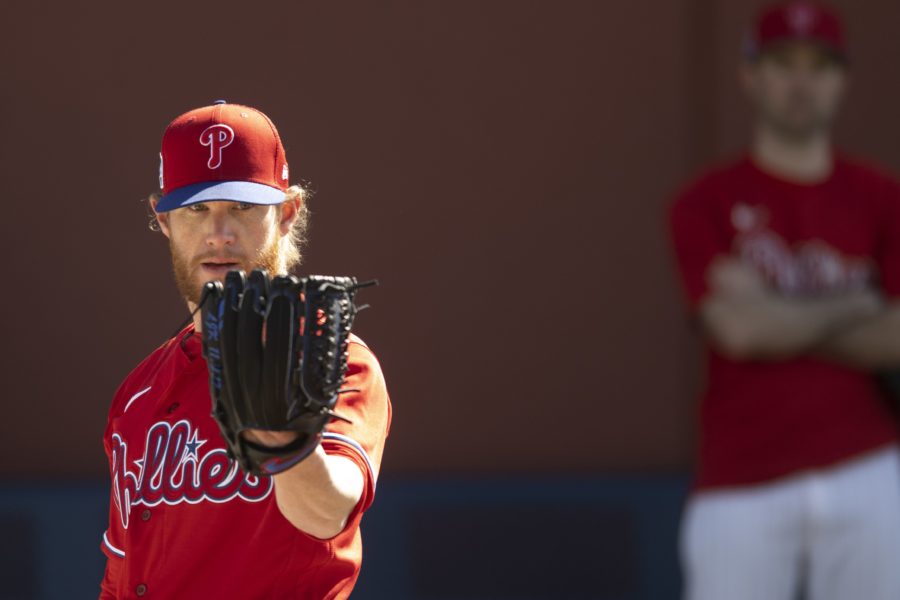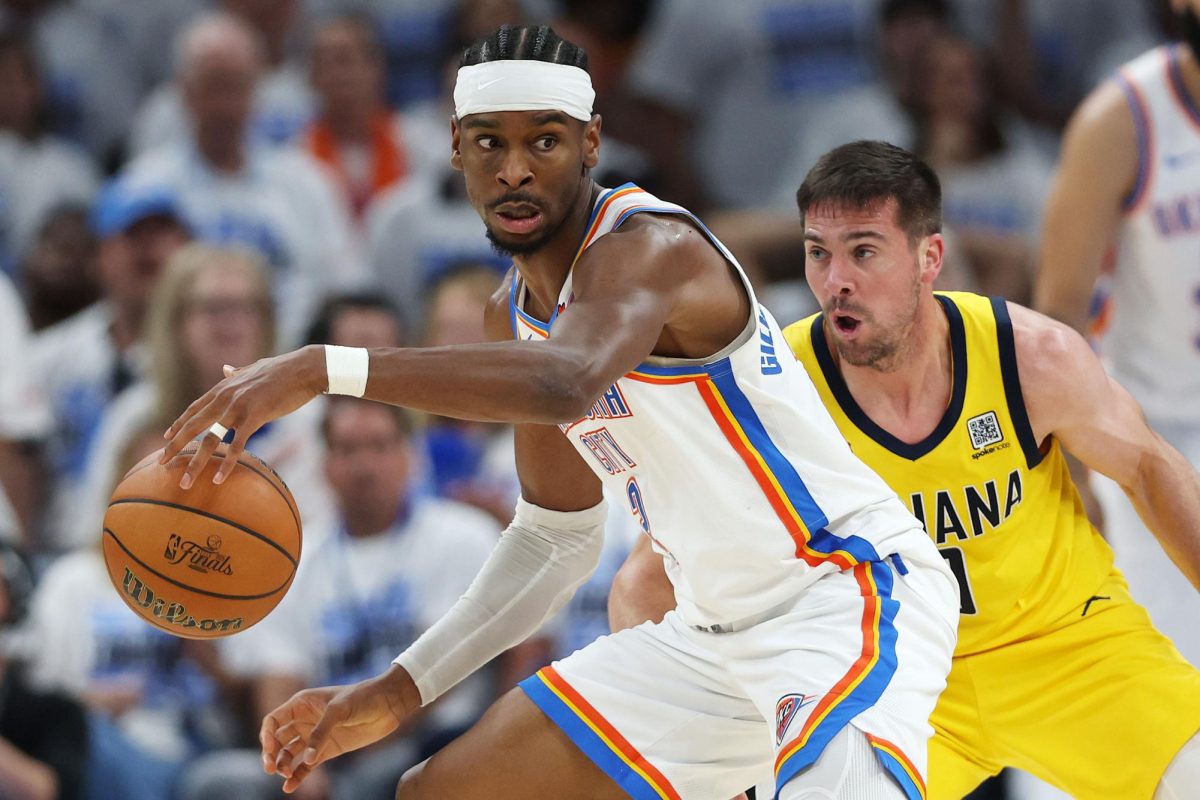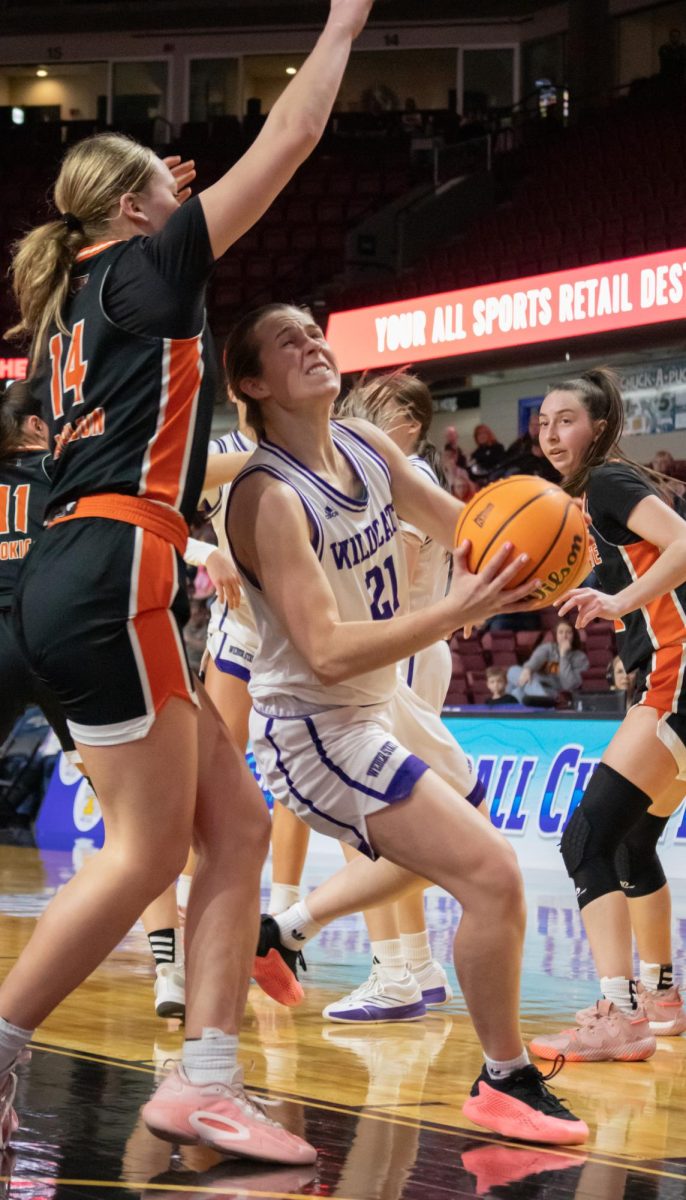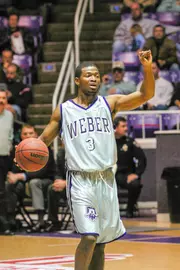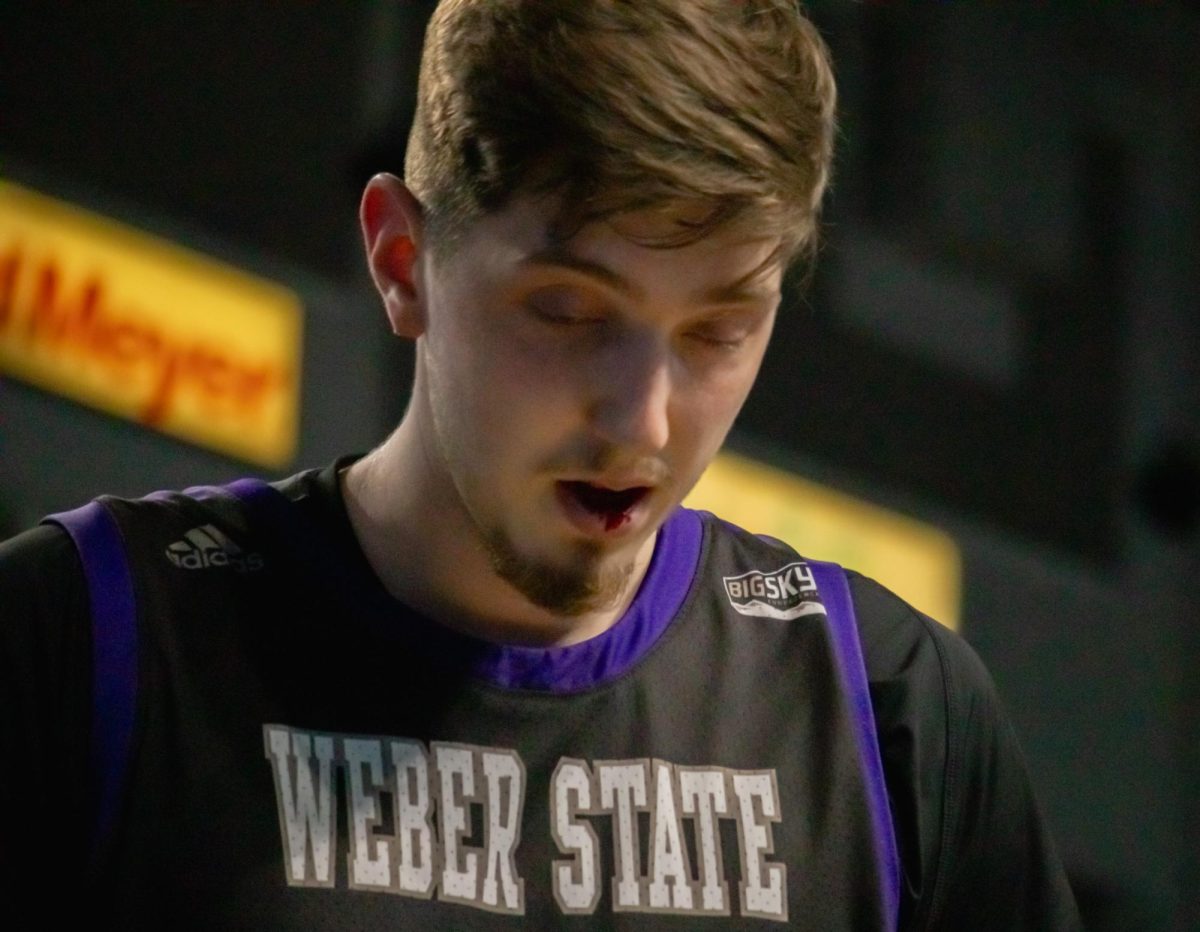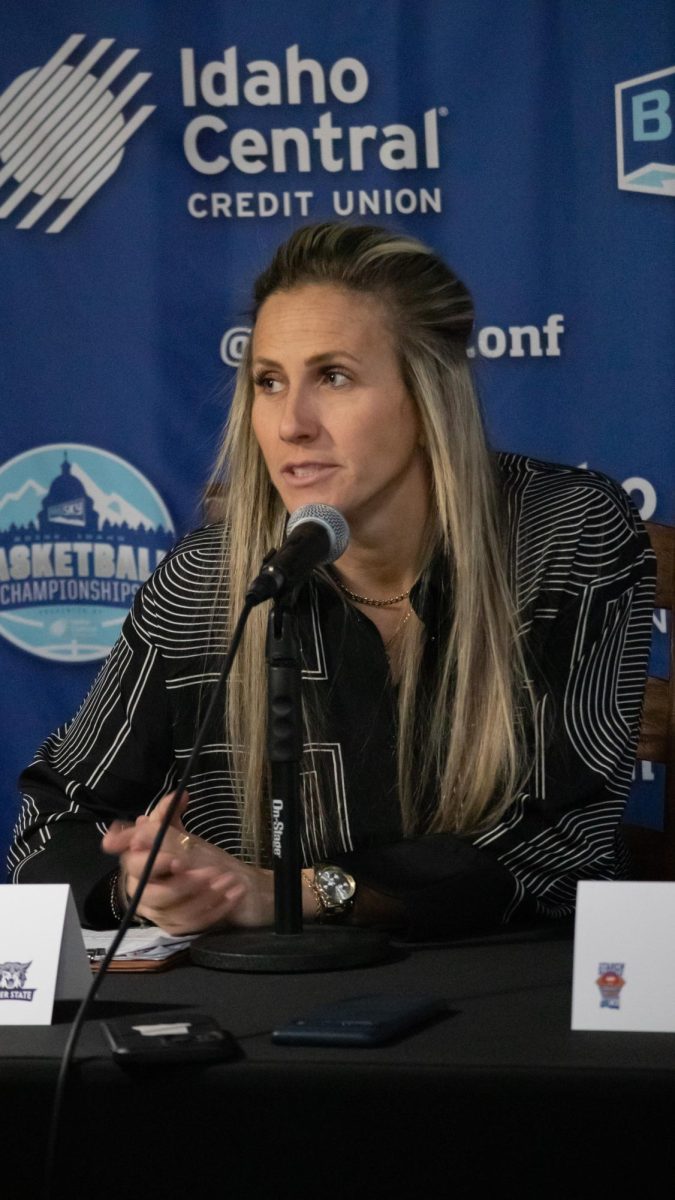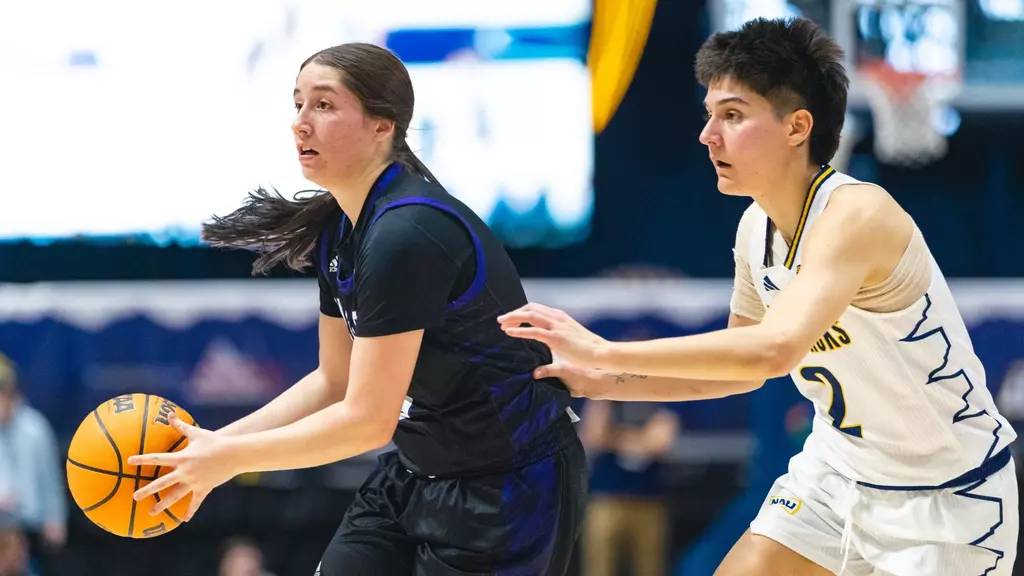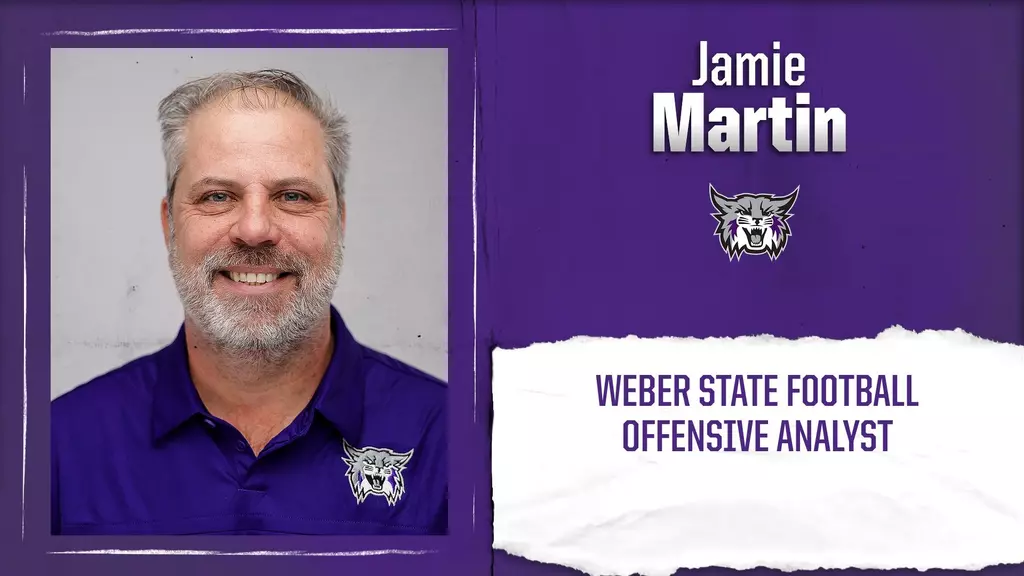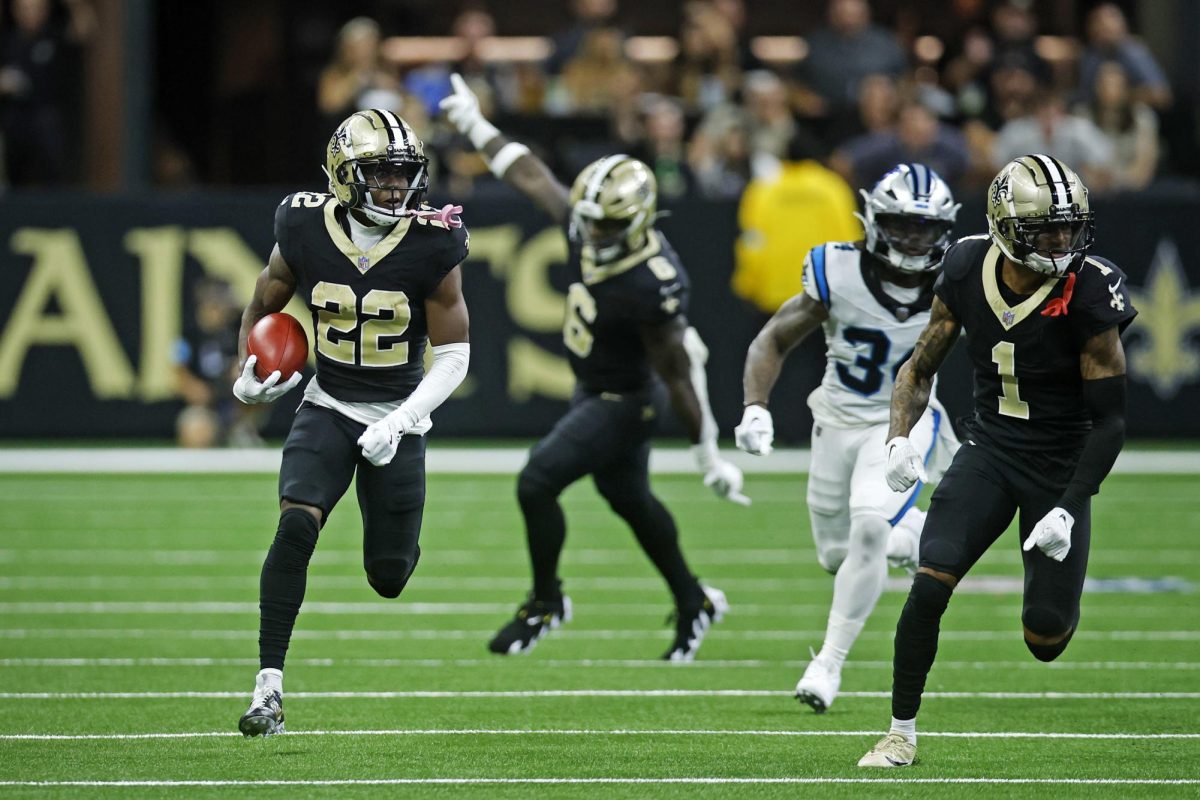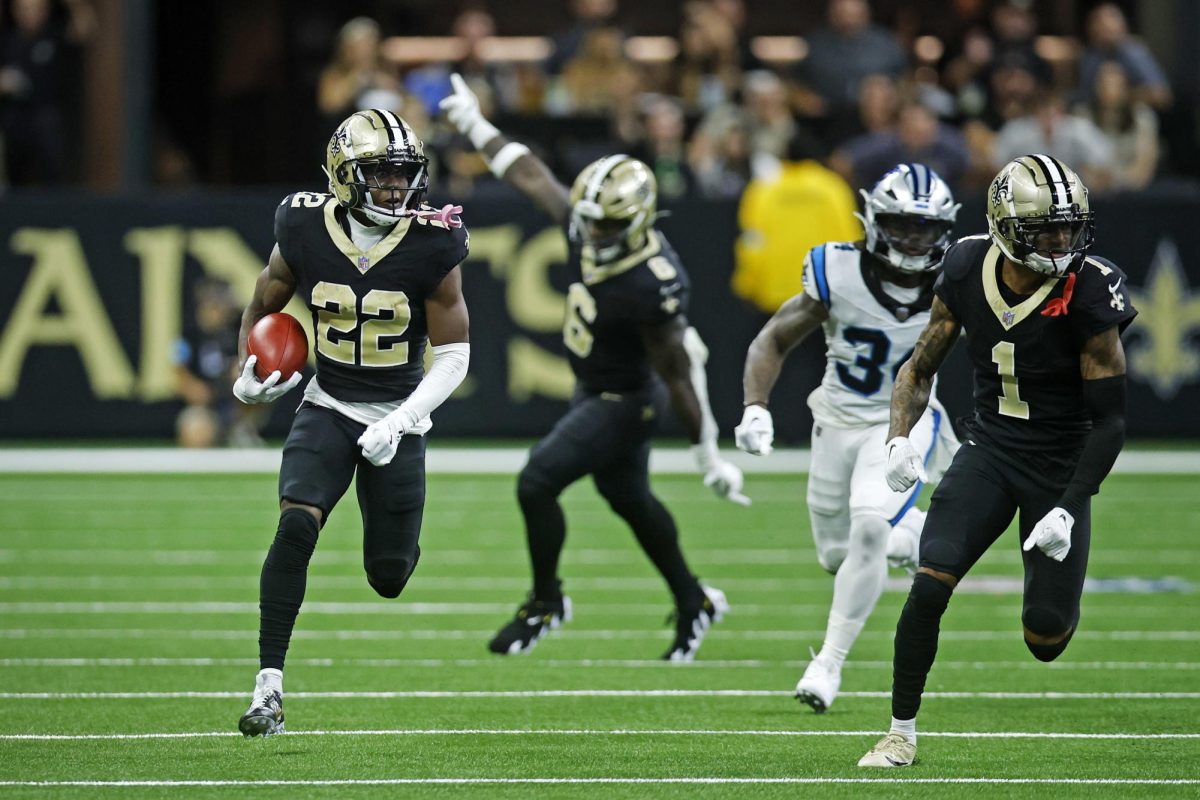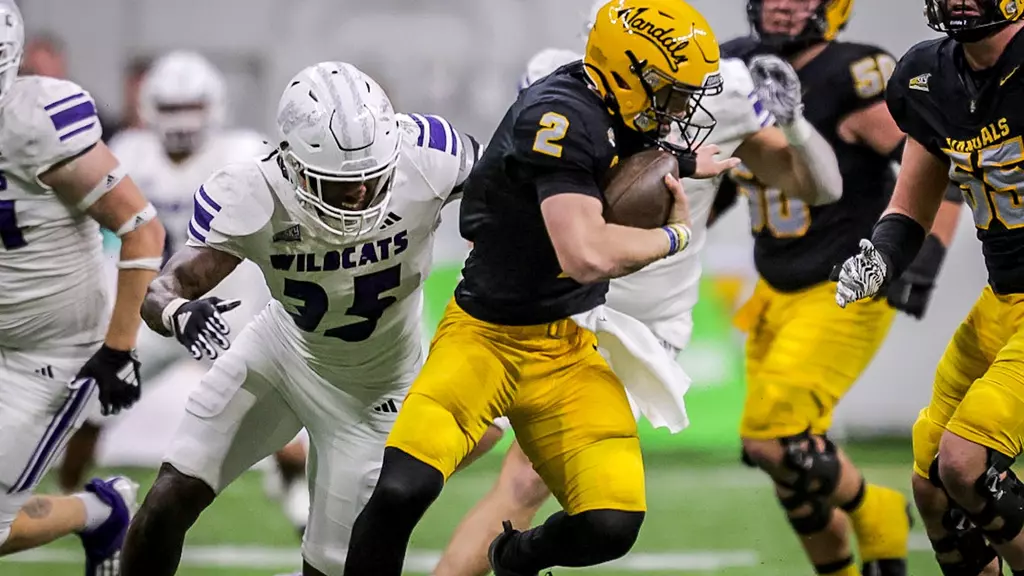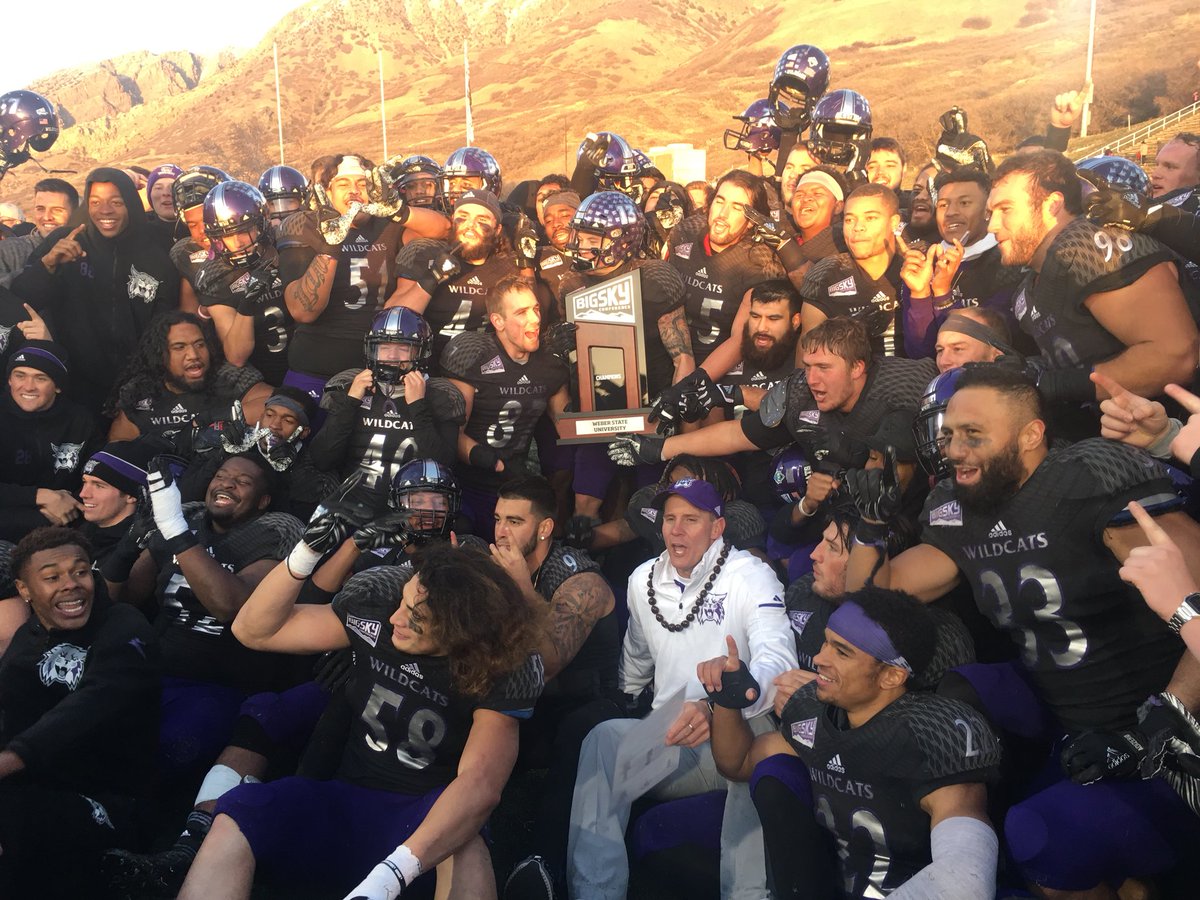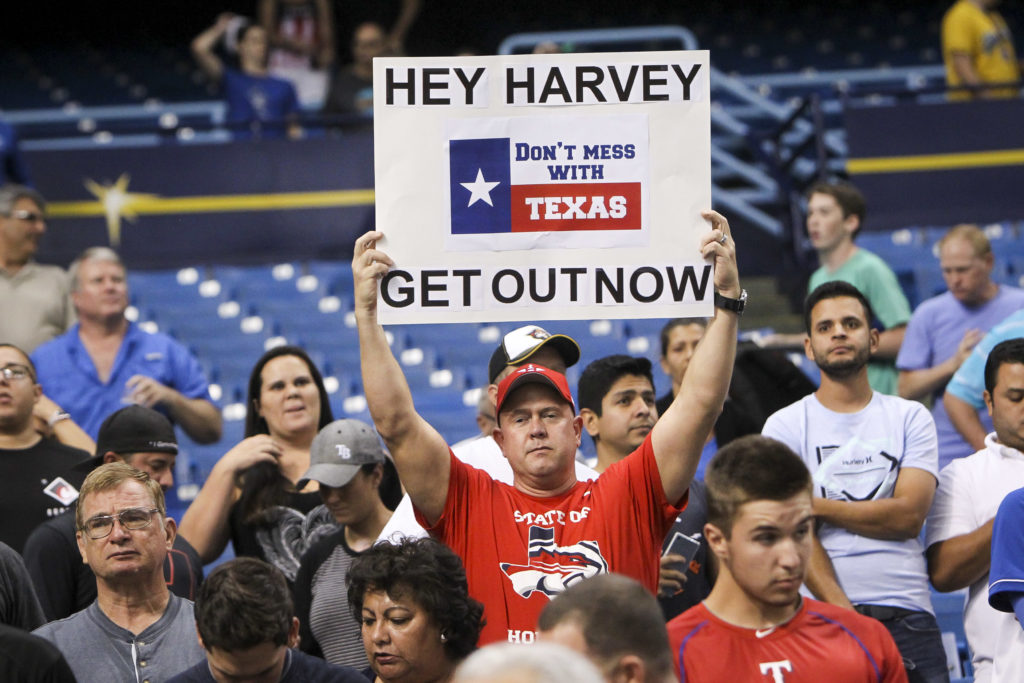
Sports provide an escape. They’re a release for many people when they need distractions the most. However, when natural disasters come into play, the world of sports has to take a backseat.
With the United States right in the heart of the Atlantic hurricane season, which lasts from June 1 until Nov. 30, according to the National Weather Service, the world of sports has had to adjust. Teams and athletes alike have been forced to adapt when natural disasters come their way.
Hurricane Harvey, which is still moving through Houston and the southeastern US, was the first category 4 hurricane to make landfall in the United States in 12 years. The impact of the hurricane forced adjustments for the NFL and the world of sports.
The Dallas Cowboys and Houston Texans organizations made the joint decision to cancel their preseason game, which would have been played at the Cowboys facility in Arlington, Texas.
In a press release, the Texans organization said, “At this time, the priority of our organization is getting our players, coaches and staff back home to be reunited with their families, many of whom have been evacuated from their homes and are currently sheltered. The team feels it is imperative to get back home to help the Houston community recover from the devastation of Hurricane Harvey.”
The game’s cancellation came after an earlier adjustment to the schedule. Originally, the Texans and Cowboys were going to play in Houston, but they opted to change it after the hurricane struck.
The plan was for the ticket sales of the game to be donated entirely to hurricane relief, but with the game being canceled, the Texans’ owners have pledged to personally donate the amount the ticket sales would have generated.
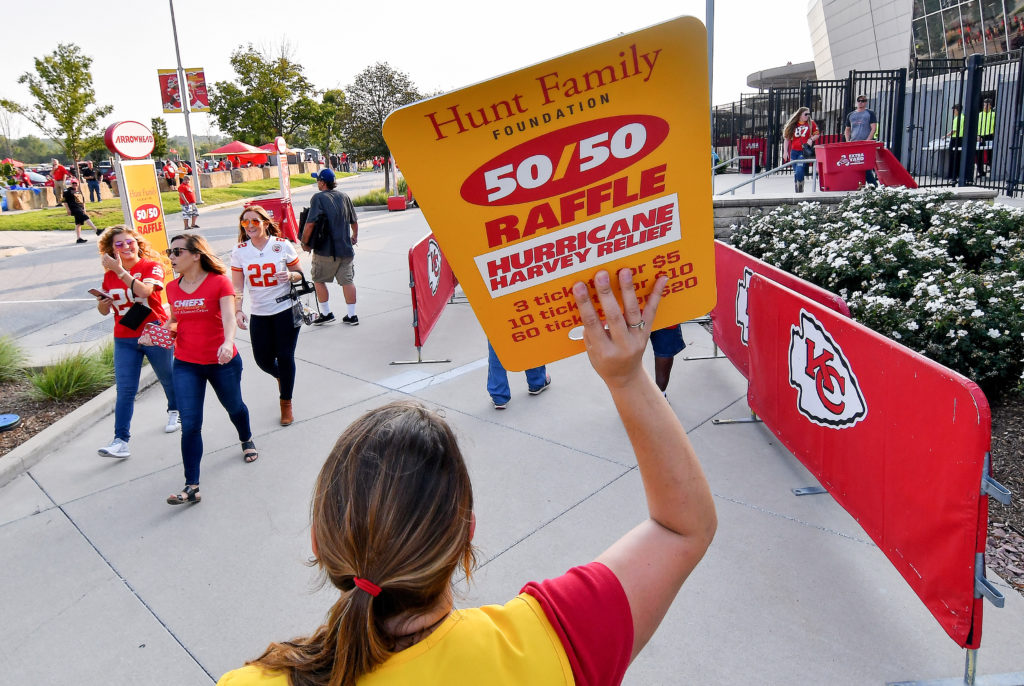
In addition to the Texans and owner Bob McNair, many of the NFL’s other teams and owners pledged to donate to hurricane relief.
Nearly every NFL team is donating either a set sum of money or portions of their ticket sales in the first week of the season. As a team, the Cowboys hosted a telethon that brought in an additional $2 million for hurricane relief charities.
There were also donations made on individual levels by NFL players from around the league. Tennessee Titans outside linebacker Brian Orakpo is a Houston native, and he hosted a donation drive for both money and supplies that went to the Austin Disaster Relief Network.
Odell Beckham Jr. has also donated $100,000 to Hurricane Harvey relief after comparing the experiences people are having in Houston to his own back in Hurricane Katrina.
“I remember how I saw a great state and every other state come together and help take care of my friends, family and loved ones… New Orleans is now stronger than ever, and Houston will be too,” said Beckham Jr.
On the forefront of Harvey relief efforts has been Texans defensive end J.J. Watt. Watt has been with Houston since he was drafted in 2011. On Aug. 27, he set out to raise $200,000 for hurricane relief. By Sep. 7, Watt had raised over $27 million for the people of Houston and others who were displaced and feeling the damaging effects of Hurricane Harvey.
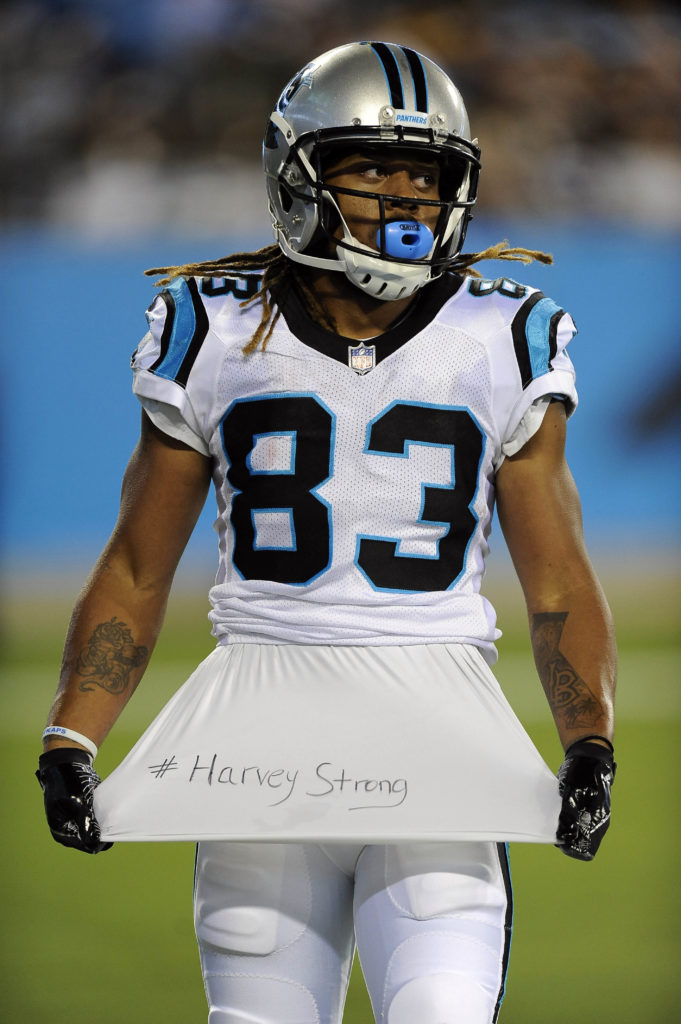
Despite their prominence with the regular season at hand, the NFL is not the only league connected to Hurricane Harvey. At the college level, the NCAA were forced to make a swift decision on a new game location. On Sep. 2, BYU football took the field against LSU in what was supposed to be a neutral site game in Houston.
With insurmountable flooding in Houston, the teams had to move and play the game at the Mercedes-Benz Stadium in New Orleans instead.
In Major League Baseball, the Houston Astros were the team most affected by the storm. Like the NFL, many individual players did what they could to help after the hurricane.
When the hurricane hit, the Astros were on the road and were forced to stay there for a “home” series against the Rangers that was moved to St. Petersburg, Florida. While on their displaced homestand, the city of Houston was the primary focus for reliever Will Harris and many of his teammates.
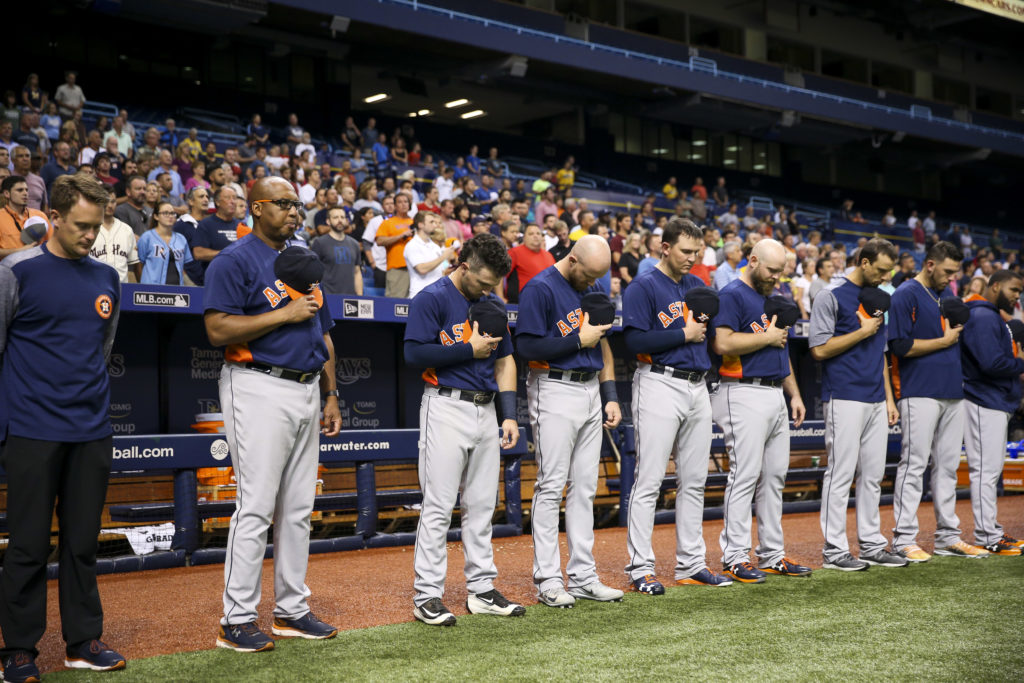
“We were in Tampa not knowing what the situation was back home, if our houses were underwater,” Harris said.
Astros owner Jim Crane and the rest of the ownership group announced on Aug. 29, on Twitter they are donating $4 million to hurricane relief.
In the NBA, many players also did what they could as individuals. At the forefront was Houston Rockets owner Les Alexander, who originally announced plans to donate $4 million to Houston Mayor Sylvester Turner’s Hurricane Harvey Relief Fund, before raising his pledge to $10 million.
The weather has shown no signs of slowing down. More storms are coming. With Houston still struggling from the effects of Harvey, Hurricane Irma threatens Florida and Georgia, forcing evacuations and sports cancellations of its own.
Since the beginning of the football season happened at the same time as Irma, the NFL was forced to postpone the week one match-up between the Miami Dolphins and the Tampa Bay Buccaneers by moving the game to week 11.
For baseball, Irma forced Minor League Baseball to cancel both the rookie league Florida State League Finals and the Double-A Southern League championship series.
Other teams and leagues have begun preparing for Hurricane Irma and are preparing for the possibility of more games having to be moved or postponed.
As present and dangerous Hurricanes Harvey and Irma are in 2017, the influence of natural disasters is nothing new in the world of sports.
In 2005, when Hurricane Katrina destroyed much of New Orleans, the Superdome became a temporary shelter for people whose homes were destroyed.
That season, the Saints played home games in Baton Rouge, San Antonio and one at Giants Stadium in New Jersey. They wouldn’t play again at the Superdome until week three of the 2006 season.
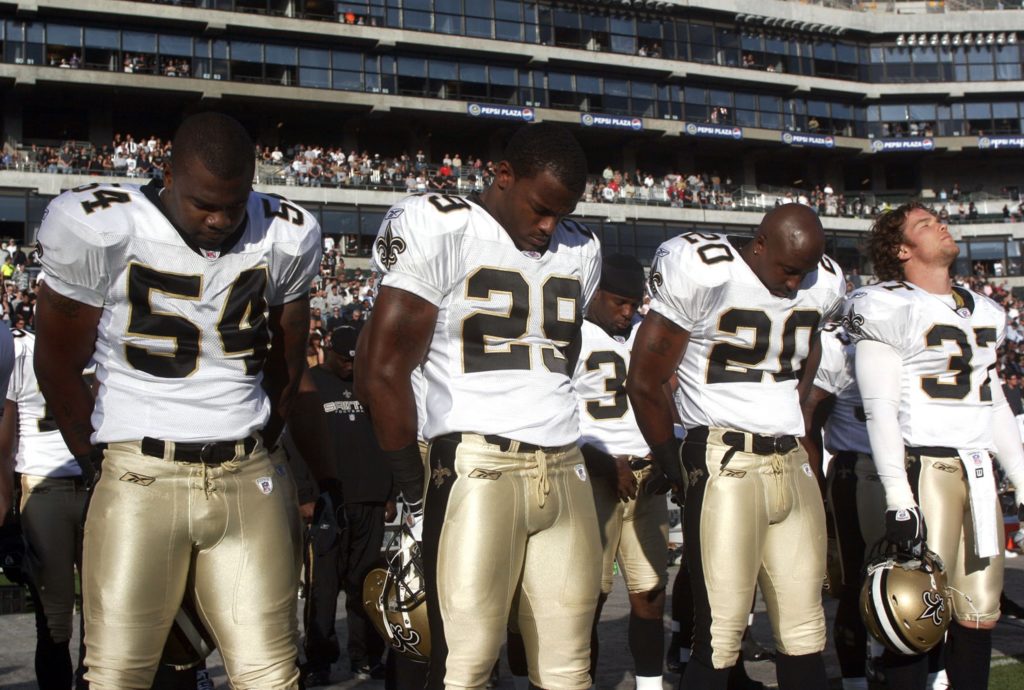
New Orleans won that first game back in exhilarating fashion. The game-saving highlight was a blocked punt by former Saint Steve Gleason, a moment that is now immortalized as a statue outside of the Saints stadium. Quarterback Drew Brees was playing his first game at the Superdome as a Saint in that matchup in 2006.
Brees said, “We just knew how much it meant to so many people, you know? And so we wanted that to be a special game, a special outcome for all of them, and I think it was.”
As time goes on, more natural disasters will terrorize cities and their residents. Cities will rebuild, people will come together and recovery will happen. In all of this, sports will continue to be an anchor of home for those displaced by the storms.


